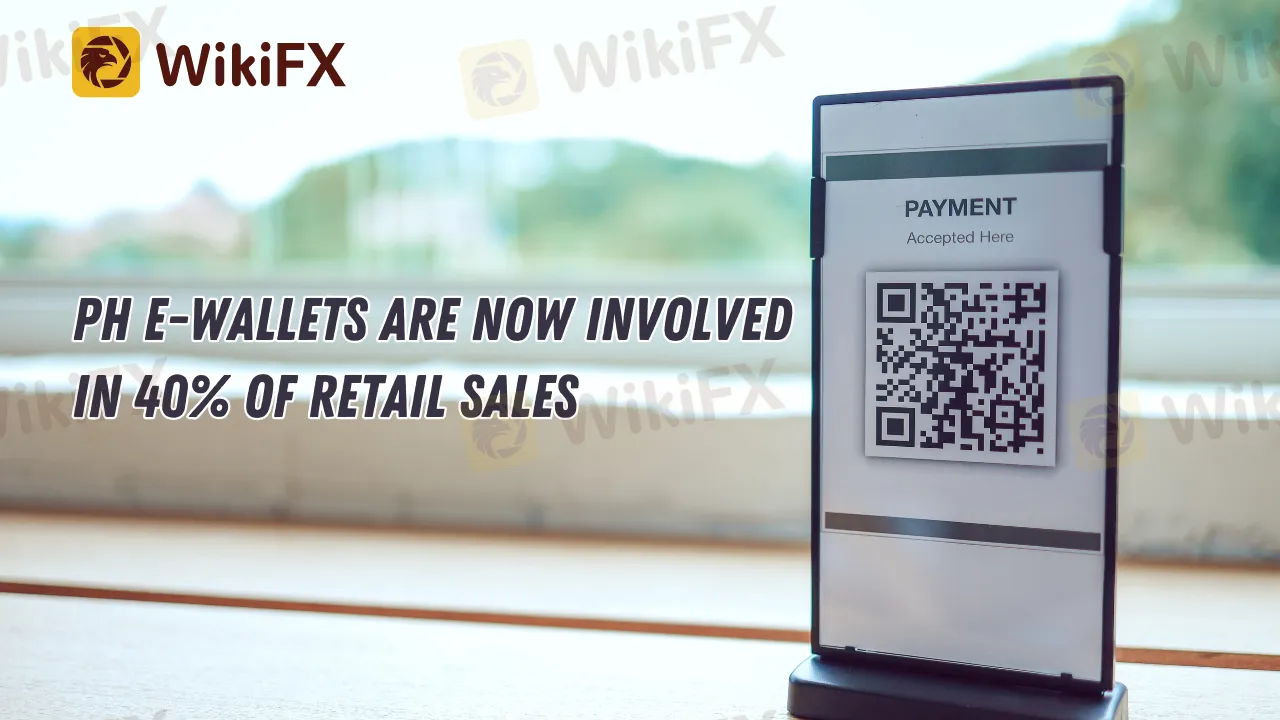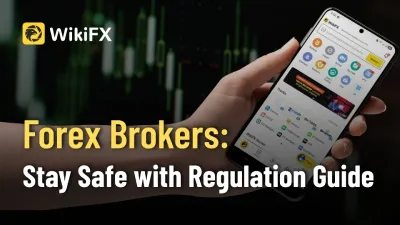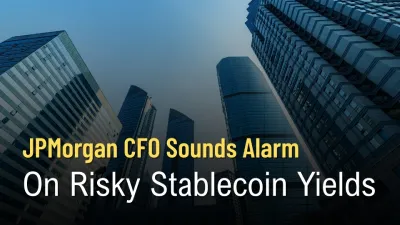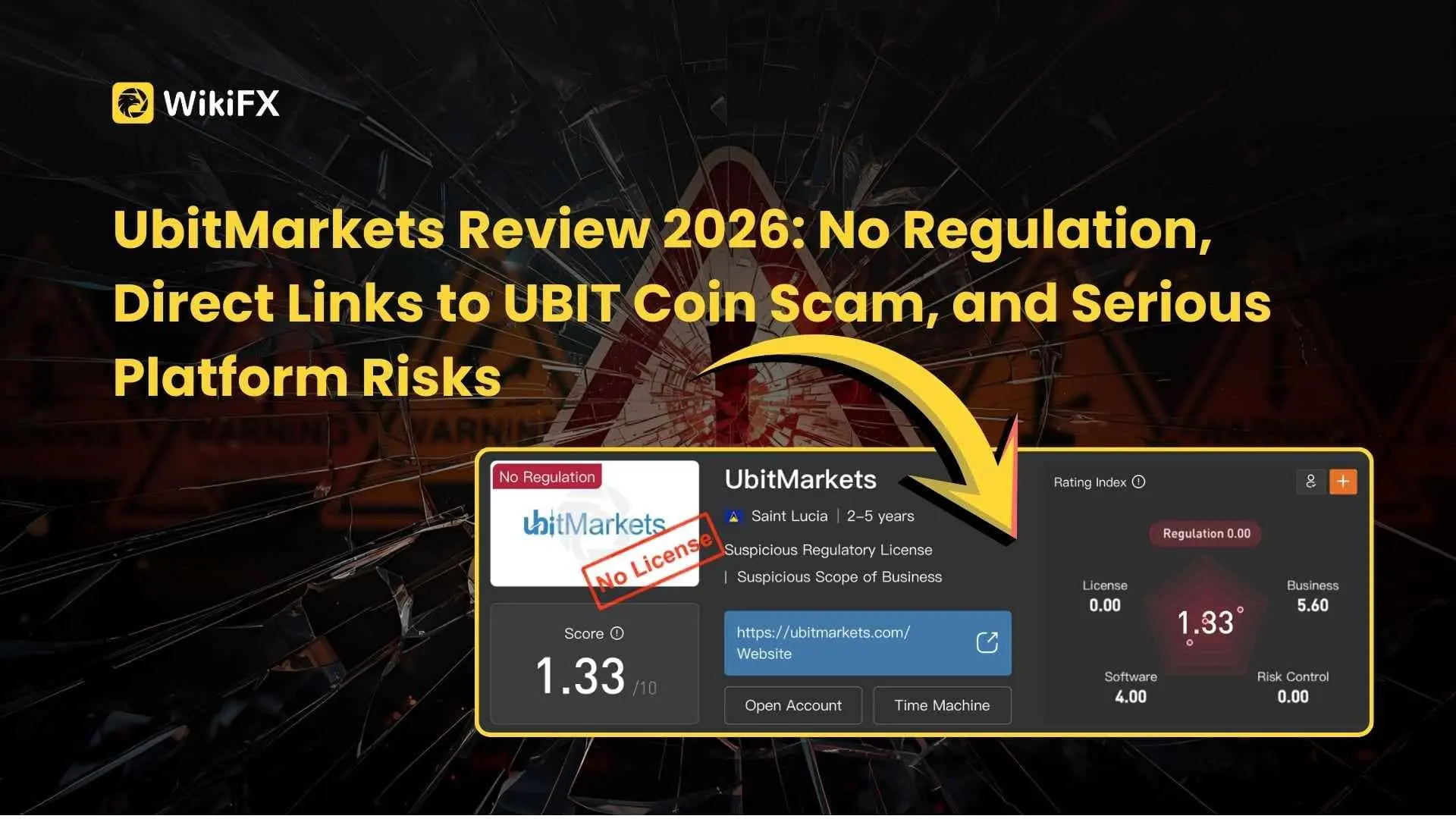Abstract:Discover how PH e-wallets and digital banks are revolutionizing retail sales in the Philippines, with over 40% involvement in cashless transactions. Explore the rise of digital payments, BSP's initiatives, and the role of digital banks in shaping a cashless society.

The pandemic era ushered in a wave of changes, one of which was the advent and rapid growth of mobile e-wallets and digital banks supporting cashless transactions in the Philippines. These changes were initially driven by the need to minimize physical contact and reduce virus transmission.
Even after most limitations have been relaxed, the increase in digital payments shows no signs of abating. In a recent announcement, then-BSP Governor Felipe M. Medalla claimed that digital transactions now account for more than 40% of the overall retail trade volume in the Philippines.
The Rise of Digital Payments in the Philippines
According to the latest statistics from the central bank, digital payments accounted for a startling 30.3% of retail transaction volume in 2021, a significant increase from 20.1% the previous year. The rising usage of e-wallets, according to Medalla, had a crucial part in this development.
The BSP aspires to achieve a target where half of all transaction volumes and values are digital by the end of the year, as outlined in a recent report. Further, by 2025, the BSP plans to transition the nation to a cashless society. To fulfill these ambitions, the BSP has devised a Digital Payments Transformation Roadmap. The roadmap's primary goals are to digitize at least 50% of all retail payments and ensure at least 70% of Filipino adults have access to the formal financial system.
Key Initiatives by BSP for Digital Payments
To manage the relationship between digital and physical money, the central bank established the Payments and Currency Management Sector (PCMS) in 2021. In 2022, the BSP announced its intent to initiate a pilot project for a wholesale central bank digital currency (CBDC) to strengthen the stability of the country's payment system. As per a recent update from Eloisa Glindro, the Director of the BSP Currency Policy and Integrity Department, this pilot project, known as Project CBDCPh, will run through 2024.

In September last year, the central bank, in collaboration with its policy-making body, the Monetary Board (MB), approved a 'Test and Learn Framework', also referred to as the Regulatory Sandbox. This initiative allows central bank-regulated entities to test and provide innovative products in a secure environment that could eventually be beneficial for the domestic financial system.
Later in November, the BSP collaborated with the Philippine Payments Management Inc. (PPMI) to initiate the Bills Pay PH project. This project allows users to pay their bills conveniently with around 50 different billers.
In a move to encourage digital transactions among Filipinos, Medalla recently suggested eliminating transaction fees on small-value fund transfers.
The Role of Digital Banks in the Philippines
One of the key players in the transition to cashless payments in the country is digital banks. According to the BSP, these banks provide banking services exclusively online without physical branches.
As of August 2022, all companies that applied for digital banking licenses have become operational after obtaining the necessary certificates of authority from the central bank. Currently, there are six licensed digital banks in the Philippines, which include Overseas Filipino Bank, Tonik Bank, UNObank, GoTyme, UnionDigital, and Maya Bank. However, the process for applying for new digital banking licenses will remain closed until December 2024.
The Issuance of Virtual Asset Service Provider (VASP) Licenses
An additional initiative by the central bank involves issuing Virtual Asset Service Provider (VASP) licenses to organizations that facilitate the conversion, transfer, and storage of virtual assets into fiat currencies, and transactions between entities.
At present, 19 entities have been granted this license, including ABA Global, Appsolutely, Atomtrans Tech, Betur (Coins.ph), Bexpress Inc, BloomSolutions, Coinville, Etranss, Frenetic, i-Remit, Moneybees, PayMaya Philippines (Maya), PHILBIT, PDAX, Rebittance, TopJuan Technologies, WIBS PHP, XenRemit and Zybi Tech (Juan Exchange). Since September 2022, the central bank has ceased to approve and accept new VASP applications.
Staying Updated
For those interested in staying up-to-date with these developments, the WikiFX App offers the latest news. You can download the App here: https://www.wikifx.com/en/download.html.
This digital transformation presents an exciting time for the Philippines' financial landscape. The adoption of e-wallets and the growth of digital banks underline the country's rapid stride toward a cashless society. The BSP's various initiatives indicate a well-structured and thought-out approach to managing this digital revolution, offering an intriguing look at what the future of finance in the Philippines could look like.











